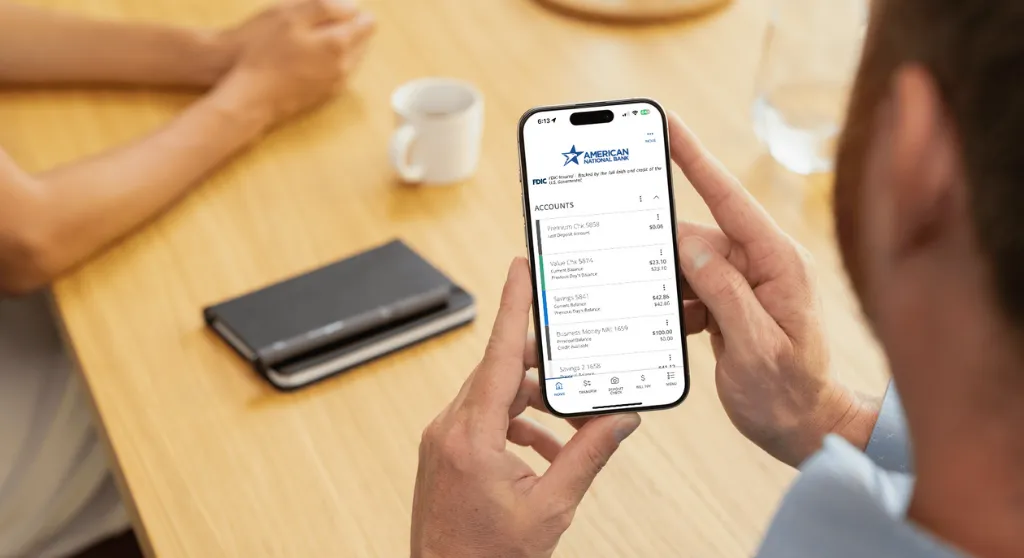Small Business Lending: An SBA Loans Primer

According to the United States Small Business Administration (SBA) in 2021, there were 32.5 million small businesses in the U.S. employing 46.8% of U.S. employees. While the definition of “small” varies by industry and other factors, SBA regulation defines a small business as one that:
- Is organized for profit
- Has a place of business in the U.S.
- Operated primarily within the U.S. or makes a significant contribution to the U.S. economy through payment of taxes or use of American products, materials or labor
- Is independently owned and operated and is not dominant in its field on a national basis
SBA loans overview
In 2021, the SBA provided $44.8 billion in funding to small businesses through more than 61,000 loans. SBA loans can be applied for most business uses, such as working capital, inventory, equipment and real estate. Qualification requirements include creditworthiness, business revenue and longevity, collateral, and a personal guarantee that the borrower will pay the loan if the business cannot.
While SBA loans sometimes get an infamous reputation due to the amount of paperwork and time it takes to close the loan, the flexibility for use, combined with longer repayment terms and reliable interest rates, make them worthwhile to consider.
The SBA does not lend money; it guarantees a portion of the loan, thereby making it a less risky investment for lenders. There’s no shortage of SBA lenders and because the SBA specifies rate maximums, and not a set rate, rates can vary from lender to lender. In addition, the loan type may determine whether it has a fixed or variable rate.
Loan types
The SBA lists three main loan types although it also offers disaster assistance loans, surety bonds and grants for trade expansion and community organizations.
| 7(a) loans | Use for multiple purposes including: |
| 504 loans | Large loans used to purchase major fixed assets that promote business growth and job creation. Offered in partnership with Community Development Companies (CDCs) and banks. |
| Microloans | Small loans used for inventory, working capital, and other business projects. |
Work with trusted partners
If you are a business owner or are looking to start or purchase a business, it’s valuable to work with your banker to understand all your lending options. Shopping for rates is just one piece of financing. Your banker can help assess eligibility, identify loan programs that fit your specific needs and help you navigate through loan paperwork. In addition, your banker can be an advocate for your business by introducing you to other financing tools such as lines of credit, specialty finance, traditional loans and credit cards, as well as services to take care of your banking so you can focus on your business.
Next time, we’ll dig a little deeper into what you need to get an SBA loan and I’ll provide some personal insight into the process from my own experiences helping clients with business financing.

Kalen Schwartz
Minnesota Commercial Banking Team Leader,
Mergers & Acquisitions
Kalen specializes in business financing, partner buyouts, and small business lending including SBA loans in the Twin Cities area. He is a regular panelist on “Buyers Bootcamp”, a professional, informational panel dedicated to buying and selling businesses.
Articles contained in our news section are not intended to provide recommendations or specific advice. Consult with a professional when making financial decisions. Once published, articles are not updated; information may be outdated.
Recent Updates
-
 01.12.2026 | Business Banking
01.12.2026 | Business BankingMobile banking security best practices
Let’s keep your mobile banking worry free Mobile banking is now a way of life. According to the American Bankers Association, 48% of Americans use mobile as they’re preferred...
-
 10.24.2025 | Business Banking
10.24.2025 | Business BankingWhat is “social engineering” and how are scammers using it to try to steal your information?
As technology becomes more sophisticated, so too do cyberattacks and, as a result, digital fraud. More and more of our...
-
 10.15.2025 | Business Banking
10.15.2025 | Business BankingProtecting your company from business payment fraud
One hard truth of business is that scammers are always on the prowl. For them, your hard work is their...


